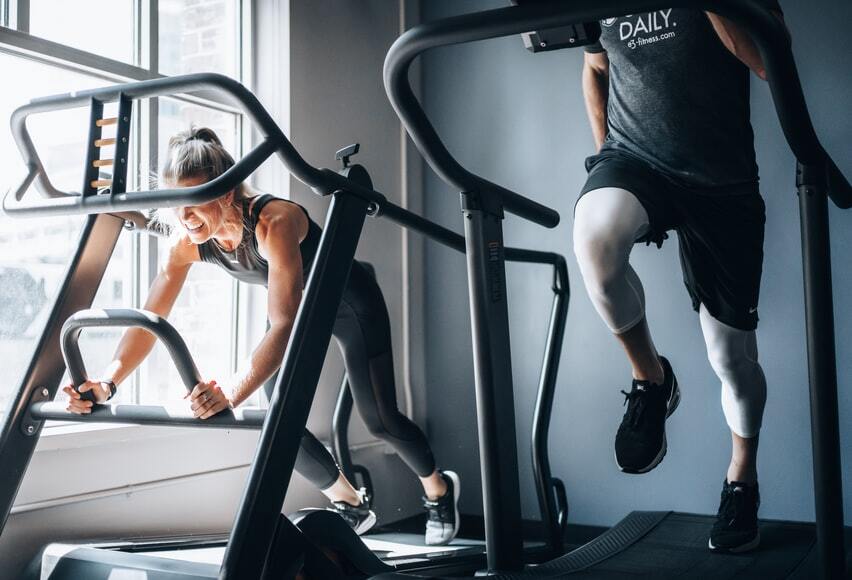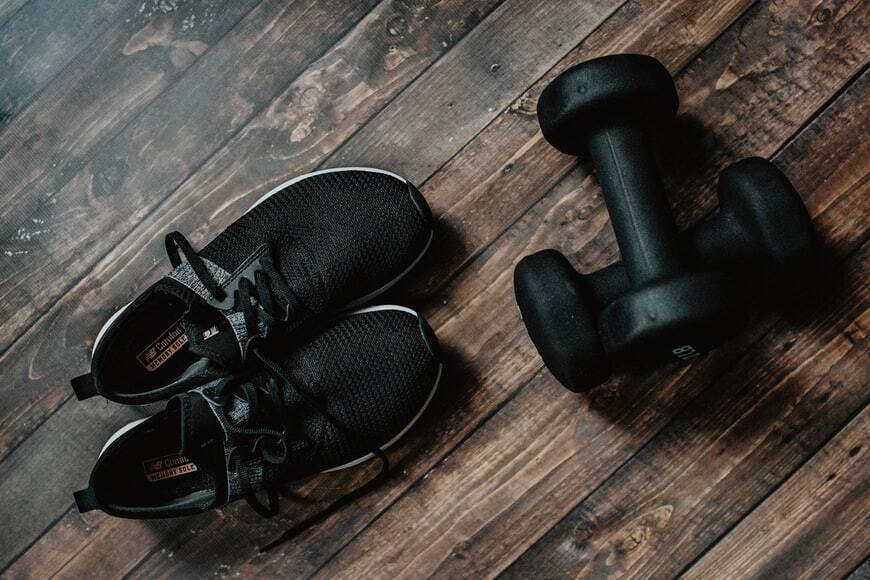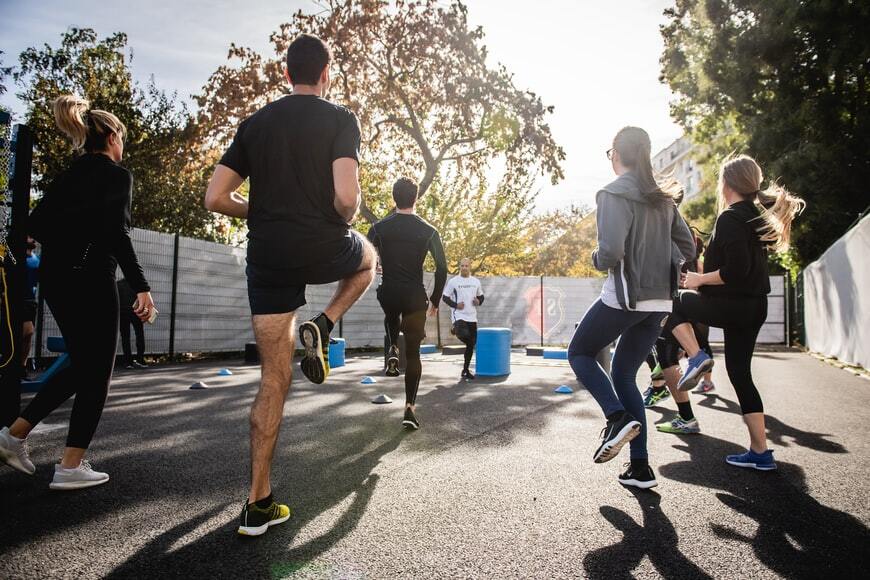Exercise is essential, and it helps our body to work at its optimum best. But there’s a fine line between overexerting yourself and healthy exercise. Since the pandemic, everyone has been super focused on being healthier and practising wellness.
Knowing the signs of overexertion can save you from injury, muscle soreness and fatigue. Overexertion is not limited to over-exercising. You can overexert yourself at the workplace too.

How Is Overexertion Caused?
Overexertion is the overuse of muscles and joints, whether to exercise or as part of the work you do. Often, overexertion put a strain on muscles and joints, later causing inflammation, stiffness and pain.
Overexertion can occur by carrying heavy objects
You may be lifting goods at work or weights at the gym that are too heavy. Sometimes lifting heavier weights in an attempt to see faster results can lead to slow muscle recovery and injury.
Working in an inadequate space
Spaces that are not functional can lead to poor posture. For example, your office table isn’t the correct height to align your eyes with the computer screen. By sitting like this for too long, you could risk hurting your back by hunching over as you work.
Your wrists could also become injured if you’re not positioning them correctly with the keyboard. Typists and computer work often see injuries like carpal tunnel syndrome due to poor posture of the wrists whilst typing.
Exercise equipment is old
Sometimes using old machinery and exercise equipment can lead to muscle strain and injury because they most likely don’t function properly.
The same applies to using old tools that are worn out and no longer work as accurately as before. Using worn tools requires the user to put more physical strain on their joints and muscles to aid the tool when the tools should benefit the user.
Repetitive motion
When trying to stay in shape for a game or lose weight, overexertion can occur when doing the same functions (runner’s knee, tennis elbow, Achilles tendonitis and swimmer’s shoulder, to name a few). Repetitive motion is also prevalent in specific jobs such as typing, plumbing and maintenance.
Signs That you’re Pushing Yourself Too Hard

Sometimes, when you feel like going even further and pushing harder to achieve a fitness goal, you could push harder than you are supposed to.
You’ll know that you’re overexerting your body when you experience some of the following:
Extreme fatigue
Feeling tired is a normal process and part of the after-effects when having exercised. However, when you’re feeling fatigued the whole time, it could signify that your body is working too hard and hasn’t adequately recovered after the previous session.
You may also experience fatigue if you haven’t eaten correctly before training.
Foods that work to fuel your body before a workout include dried fruit, oats, whole grain bread with a hard-boiled egg or chicken on, fruit smoothies or a combo of Greek yoghurt and fruit. These foods can help you pack protein for weight training and muscle building, as well as energy to sustain your cardio workout.
You’re losing weight fast
If you’re losing weight, that’s good progress, but losing weight should be over a reasonable amount of time. According to the CDC people who gradually lose weight at 1-2 pounds (0.45kg-0.90kg) a week is steadily is more likely to keep the weight off. Weight loss and maintaining that weight loss includes lifestyle changes, long-term goals and a balanced diet with regular exercise.
If you’re overexerting yourself, you could notice rapid weight loss. The problem with losing weight too quickly is that it tends to pile on fast afterwards. Rapid weight loss can also lead to reduced muscle mass and a slower metabolism.
You’re experiencing persistent injuries
If you’re battling injuries that take longer to heal than is normal, this may be due to your body struggling to recover. Overexertion can wreak havoc on the body and cause various changes, including slower recovery.
Irritability and moodiness
Too much overexerting yourself in exercise can disrupt your mood causing stress hormones to elevate and thus shift your mindset to become irritable.
Feeling less motivated to workout
If you’re overtraining, you may get into a state that you’re no longer eager or motivated to work out and reach those fitness goals.
Poor sleep quality
As part of your mood changes and imbalanced hormones, your sleep may be affected.
Here’s How To Curb Overexertion For Exercise
- Stretch and warm-up before you begin your workout session
- Take breaks between exercises.
- Change your routine from time to time switching up workout styles
- Take rest breaks in between workouts to help your body recover.
- Try not to stress your muscles and joints out.
- Allocate days for only yoga and meditation.
Reduce Overexertion When Working
- Stand more often if your job requires long hours of sitting.
- Walk further from your car to the office or shop
- Take a bicycle to work or walk if you don’t live far away.
- Bend properly when lifting something heavy. Use your legs and not your back.
- Take walks during your breaks.
Conclusion

Staying active is beneficial for the whole family, but knowing when to slow down is just as important. Give yourself time to recover, and don’t push the envelope too much. Take things one step at a time and opt for low impact activities that won’t harm your joints in the long run. Best of all, turn exercise into something the whole family can enjoy.
I’m a passionate author and freelance writer who loves health and wellness. I also enjoy fiction, mystery, and espionage. Authors like James Pattison and Tom Clancy are my inspiration. When I’m not writing, I find time to enjoy beautiful things, cats, art, and music.
